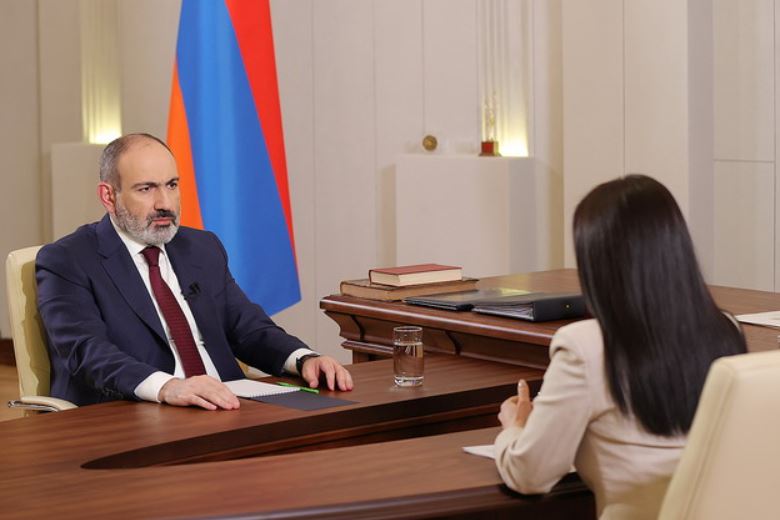The regular “press conference” of the Prime Minister did not contain any news compared to the previous, similar event of December 24. This applies to both the form and the content. As far as the form, the “inconvenient” questions were either bypassed or reformulated. By the way, on Sunday Aravot did not send a question because our question was not asked last time. In that unanswered question, we recalled that in an interview with Spiegel Weekly on October 8, 2020, during the war, Pashinyan stated that “100 years later, Turkey is returning to the South Caucasus to continue its policy of Armenian genocide” and wondering what has changed. The unsuccessful way of holding the “press conference” comes to prove once again that the head of state should have a press secretary and a well-functioning press service who should inform the media about the press conference in advance, formally and preferably within working days.
From the point of view of content, in fact, the judgments related to Armen Sargsyan’s resignation were new, which were mainly logical. A number of other statements were not logical (I decipher them by releasing them from the rhetorical cloaks). 1. High-ranking party members go to control the leadership of the universities in order to ensure the non-partisanship of the universities, 2. Aliyev says that Yerevan is an Azerbaijani city because after 1994, there was talk in Armenia that Baku was an Armenian city (see who among the Armenian leaders said such things). 3. If you do not like the fact that a Civil Contract deputy insults journalists, then you attribute their words to you and, therefore, you are exactly what the deputy says. And more.
But these, in my opinion, are minor details and rhetorical tricks to avoid questions. It is politically important that the Prime Minister of Armenia does NOT SAY that Artsakh can not be part of Azerbaijan and does NOT SAY that Armenia will continue the state policy aimed at the recognition of the Genocide. The rest of the theses (for example, that everything was handed over in 1992 or 2016) are “spices”; let the “present” and the “former” argue about it. The important thing is that the concept of Armenia’s foreign policy has changed significantly since November 9, 2020. It must be clearly and unequivocally recorded and put up for public discussion. It seems to me that for most citizens, this change is acceptable, or at least not interesting.
Read also
Aram Abrahamyan




















































